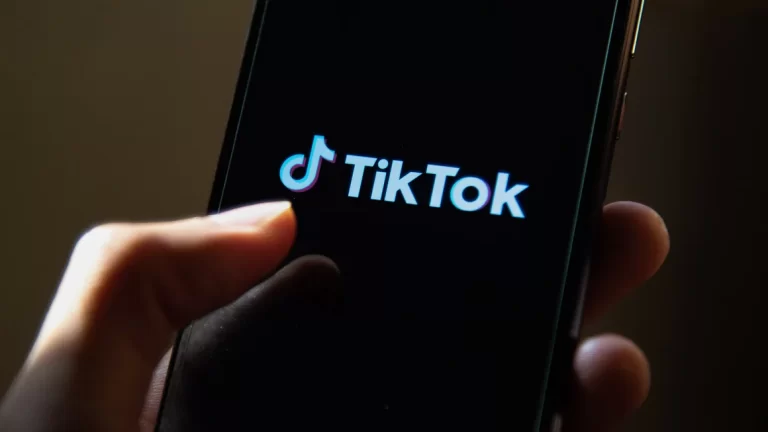TikTok’s global trust and safety unit is getting a new leader, the company confirmed on Tuesday.
Cormac Keenan, who has led trust and safety for the social media giant since 2020 from its Dublin, Ireland, office, is stepping back into a strategic advisory role working with the company’s senior leadership team, CEO Shou Chew said in an internal memo to employees Tuesday. Keenan will also serve on the board of the company’s Irish entity.
Following Keenan’s move, TikTok’s global trust and safety unit will now fall under the leadership of Adam Presser, the company’s Los Angeles-based head of operations. However, TikTok’s trust and safety staff will otherwise remain in place as-is, according to the company.
“I want to take this opportunity to personally thank Cormac on behalf of all of us, for his many critical contributions in making TikTok a safe space for creativity and expression,” Chew said in the note to employees, a portion of which was viewed by CNN.
Chew on Tuesday also announced that two other TikTok senior leaders in Europe are leaving the company entirely: Both Theo Bertram, formerly vice president of government relations and public policy in Europe, and Rich Waterworth, general manager of operations who led content efforts in the Europe, Middle East and Africa region, are leaving the company for other opportunities.
The leadership changes come as TikTok continues to face scrutiny in the United States, Europe and elsewhere over the safety and security of its platform.
Chew last month testified before a US Senate subcommittee alongside the heads of other large social media companies about youth safety on their platforms. He faced questions about its investments in trust and safety and about the app’s connection to its Chinese parent company, ByteDance, a link that has spurred national security concerns in the United States and elsewhere.
TikTok plans to invest $2 billion in trust and safety efforts in 2024, Chew said during the hearing.
During his tenure, Keenan oversaw the rollout of a number of new features and policies aimed at addressing such concerns. These include default screen time limits for teen users, the ability for parents to mute their child’s notifications and tweaks to the app’s algorithms to avoid repeatedly serving users videos on potentially problematic topics, such as dieting or sadness.
— CutC by cnn.com


